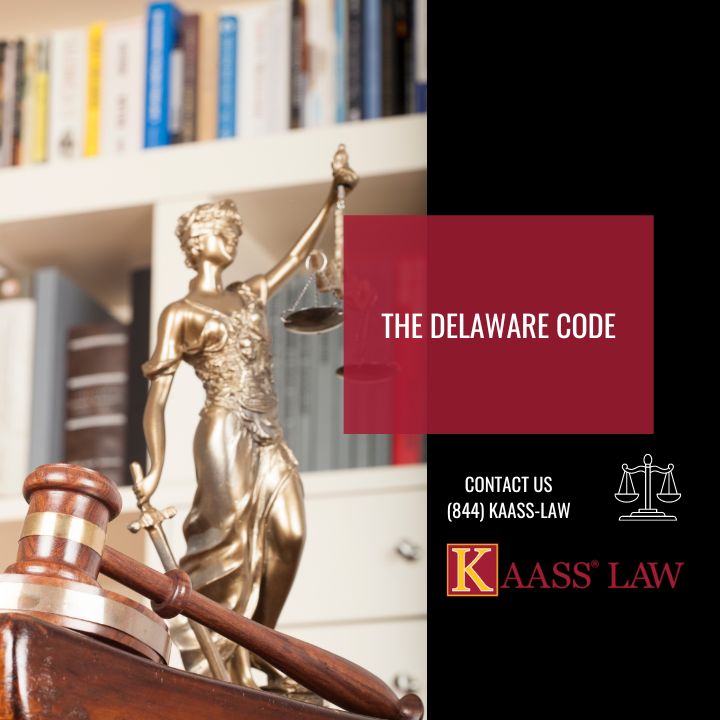§ 109. Bylaws
Article 109 of the Delaware Code sets out rules and procedures. It is for adopting, amending, and repealing bylaws in a corporation. Charters and bylaws are essential legal documents that create and regulate organizations, whether they are for-profit or nonprofit.
A charter is an article of incorporation. It establishes the organization’s basic purpose and structure, while bylaws set the rules for day-to-day operations. This is including board member responsibilities, decision-making, and conflict resolution. These documents work together to form the foundation of an organization’s legal framework, ensuring that it operates effectively.
The Delaware Code: Subsection (a) of Article 109
Subsection (a) of Article 109 outlines the various parties who are authorized to adopt, amend, or repeal bylaws. However, it depends on the type and stage of the corporation’s development. For instance, incorporators may adopt the original or other bylaws, while stockholders entitled to vote have the power to amend or repeal bylaws after a corporation has received any payment for any of its stock.
The general purpose of the provision in the Delaware code is to establish a clear framework for the adoption, amendment, and repeal of a corporation’s bylaws. The provision gives the initial incorporators of a corporation the power to establish the initial bylaws. This provides a foundation for the corporation’s governance structure. This allows the incorporators to establish the initial procedures and rules that will guide the corporation’s operations. Once a corporation has received payment for any of its stock, the provision transfers the power to amend or repeal the bylaws to the stockholders entitled to vote. This ensures that the ultimate control over the corporation’s bylaws rests with those who have a financial stake in the corporation’s success.
The Delaware Code: Subsection (b) of Article 109
Subsection (b) of Article 109 specifies that bylaws may contain any provisions related to the corporation’s business and conduct of affairs. However, it is as long as they are not applicable to the law or the certificate of incorporation. It also prohibits any provision in the bylaws that would impose liability on a stockholder for the attorneys, fees, or expenses of the corporation or any other party in connection with an internal corporate claim.
The general purpose of the provision in the Delaware code is to protect the stockholders from the risk of facing significant legal expenses if they choose to submit a claim against the corporation or other stockholders. This provision ensures that stockholders are not constrained from bringing legitimate claims against the corporation or other stockholders. Due to the fear of significant legal fees, it could potentially bankrupt them or significantly impact their financial stability. The provision aims to promote accountability and transparency in corporate governance and encourage good corporate practices. It also reinforces that legal fees and expenses in association with internal corporate claims should be sustainable by the corporation. That is, rather than individual stockholders.
Contact an Attorney Today
Feel free to contact our office today at 310.943.1171 to get the legal representation you deserve.

